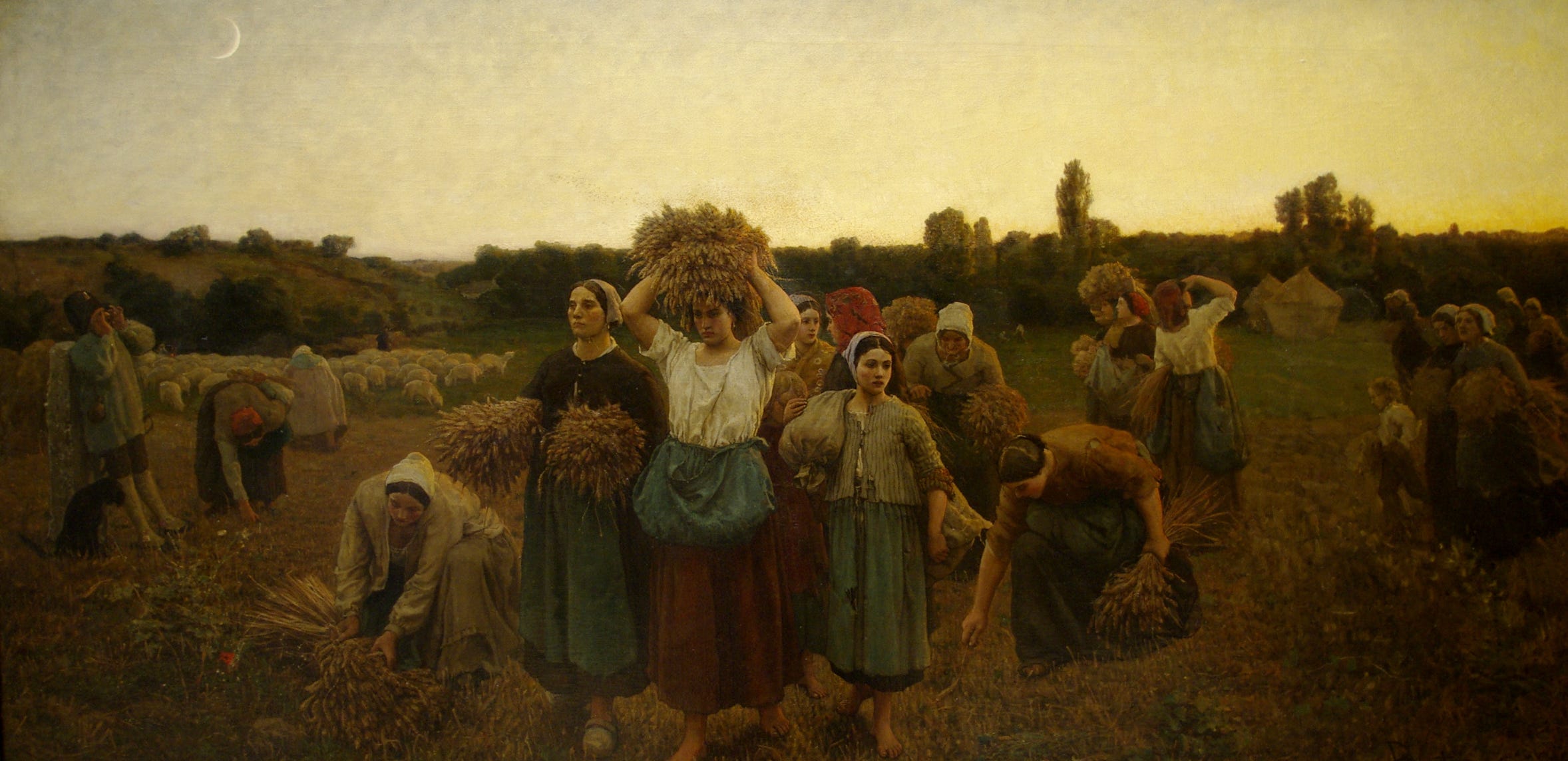After spending the last two years Zooming-from-home in your boxers, enjoying quality time with your kiddos, or picking up water coloring (and lowering your blood pressure by forty points in the process), maybe you’ve sworn to yourself never to return to your stale office keyboard again.
Said another way, ou…
Keep reading with a 7-day free trial
Subscribe to Deep Fix to keep reading this post and get 7 days of free access to the full post archives.




